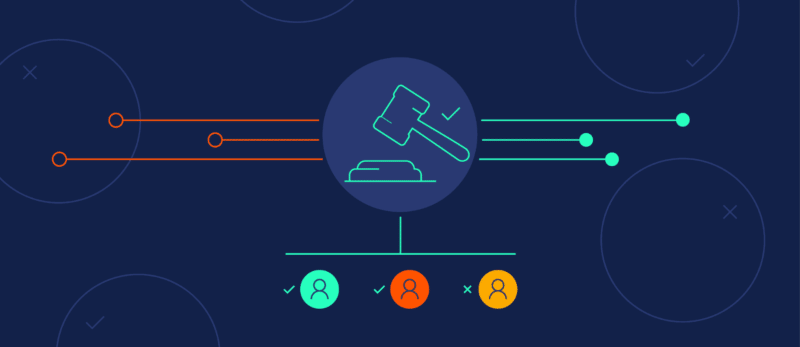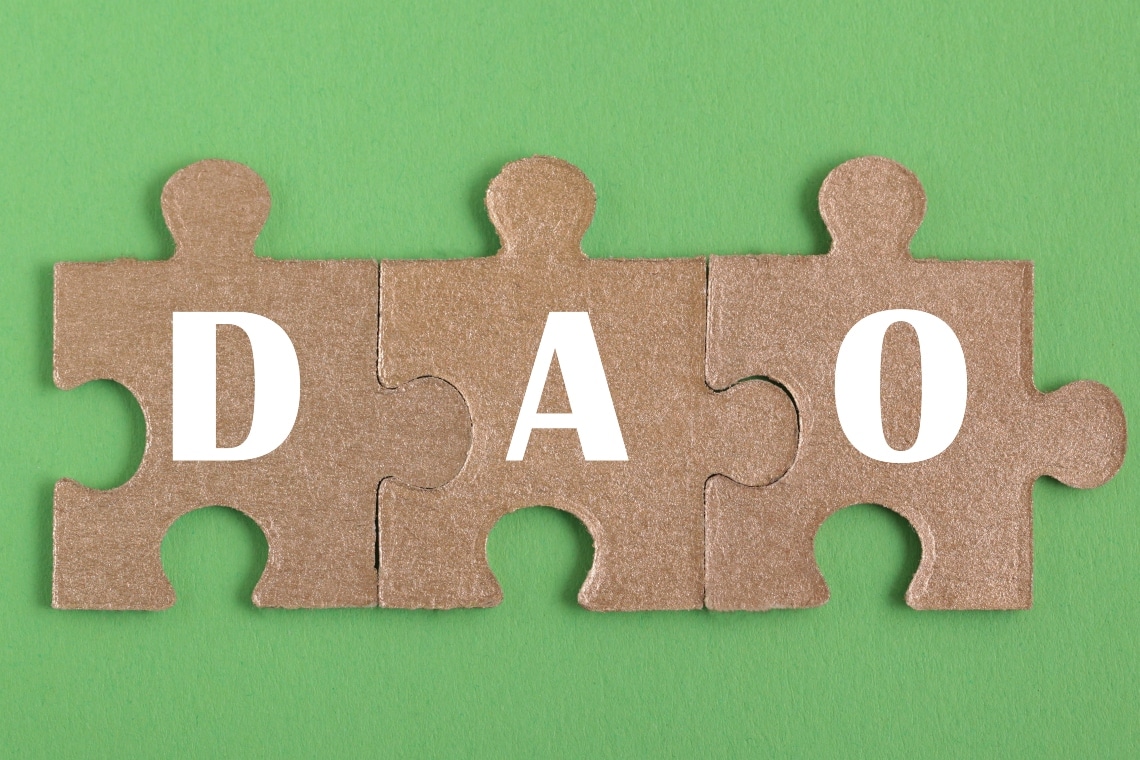Chainalysis recently released a preview of a new chapter of its Web3 report discussing the level of decentralization in DAOs.
Summary
The degree of decentralization in DAOs according to Chainalysis’ study

This chapter is devoted to the latest trends regarding DAOs.
What Chainalysis found is that, on average, less than 1% of their users have 90% of the voting rights.
In other words, the distribution of governance tokens in DAOs on average is very centralized, to the point that in many cases even if only a small fraction of the 1% of governance token holders organized, they could theoretically override the remaining 99% on any decision.
This clashes with the decentralized nature of the tool, since in fact these are often decidedly centralized platforms at the governance level.
In 85% of cases, DAO on-chain treasuries store funds in a single asset, and in only 23% of the DAOs surveyed was that asset a stablecoin.
83% of all value held in DAOs involves DeFi protocols, followed by the venture capital sector, infrastructure, and NFTs.
DAOs have a specific purpose in Web3, which is to provide a new democratized management structure in which any member can vote on organizational decisions. To date, however, this management is truly democratic in very few cases.
The problem lies precisely in the distribution of governance tokens, which are often somehow withheld or assigned to a very limited number of people. This negatively affects whether small holders can really contribute meaningfully to governance.
In addition, it is often necessary to hold a percentage of governance tokens greater than at least 0.1%, or even 1% in some cases, in order to put a proposal to a vote, which makes it impossible for most to do so.
The data provided by the Chainalysis report
According to the calculations of Chainalysis, generally only one in a thousand token holders is actually able to put his or her proposal to a vote.
The report states:
“Overly concentrated voting power in DAOs can result in decision-making that seemingly contradicts the tenets of decentralization on which web3 is built”.
Chainalysis also found that the governance processes of the various DAOs vary quite a bit from one to another, so it is necessary to analyze them one by one to understand how they are managed.
In light of this, it is difficult to say that Web3 will really succeed because it offers a decentralized alternative to the current centralized Web, since Web3 is also in serious danger of suffering from over-centralization.
In theory, DAOs are a great idea to enable an organization to be managed in a truly democratic way, but if the distribution of governance tokens is then concentrated in a few hands, one ends up using a decentralized tool in a centralized way, going back to square one.
In other words, decentralization at the protocol level is not enough: you need decentralization at the governance level as well.




